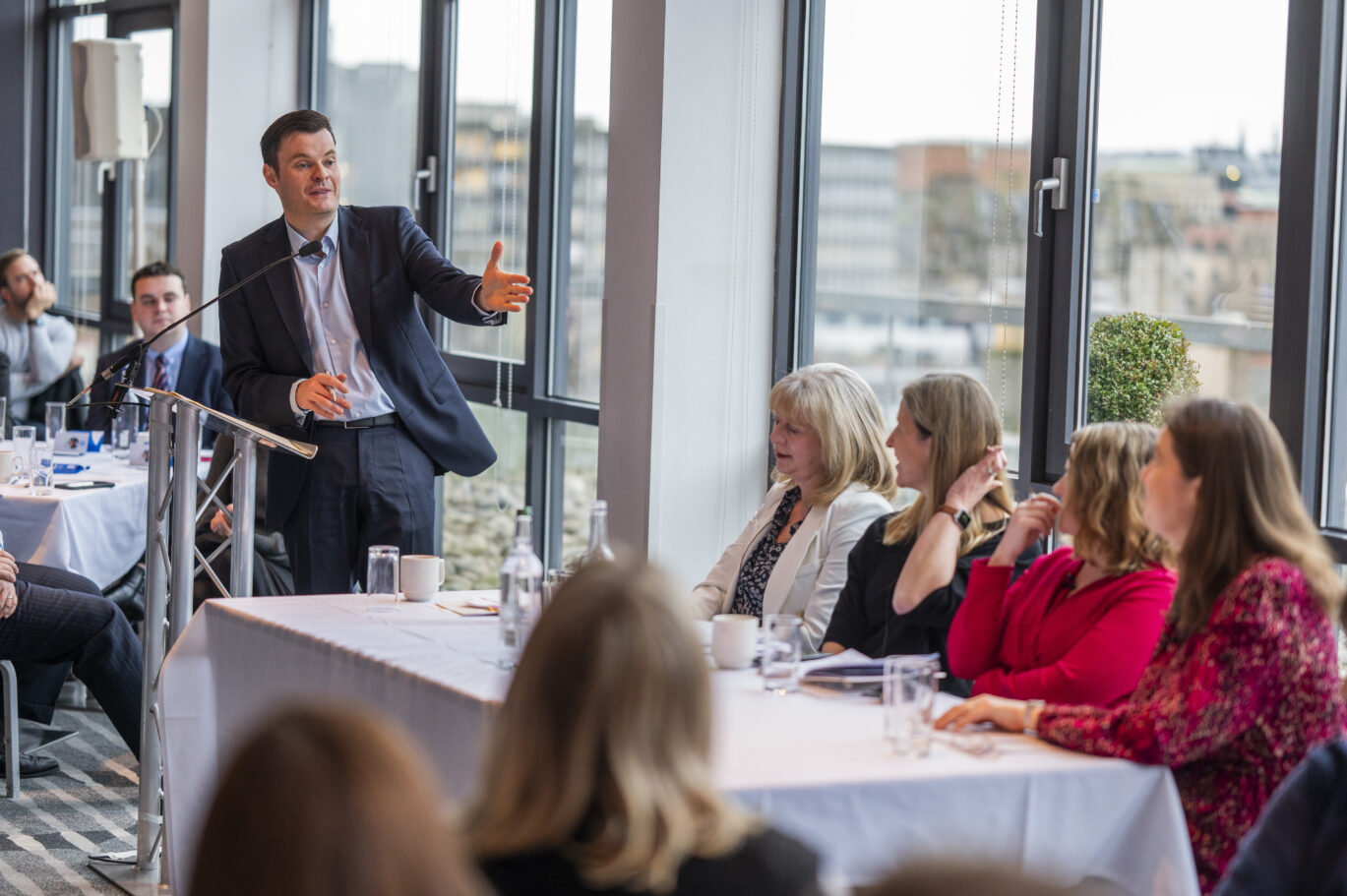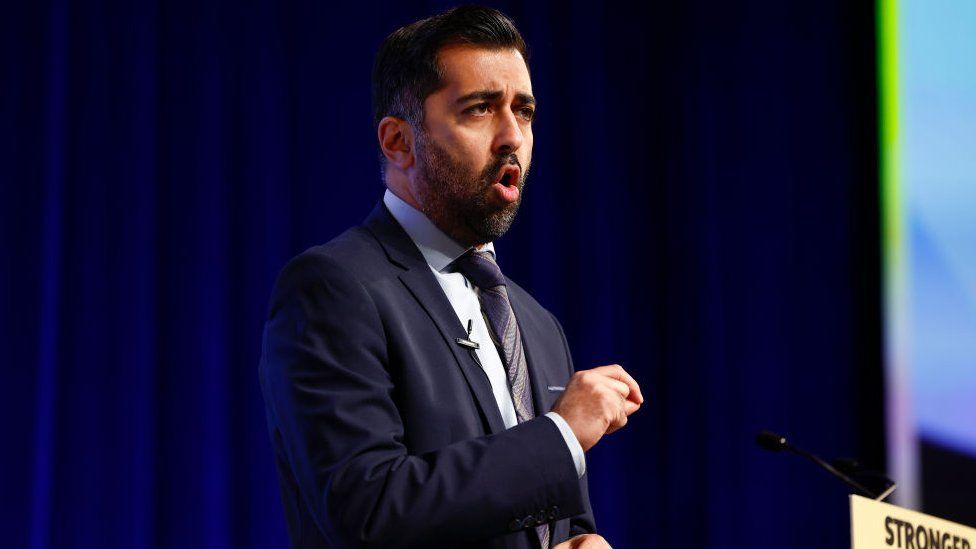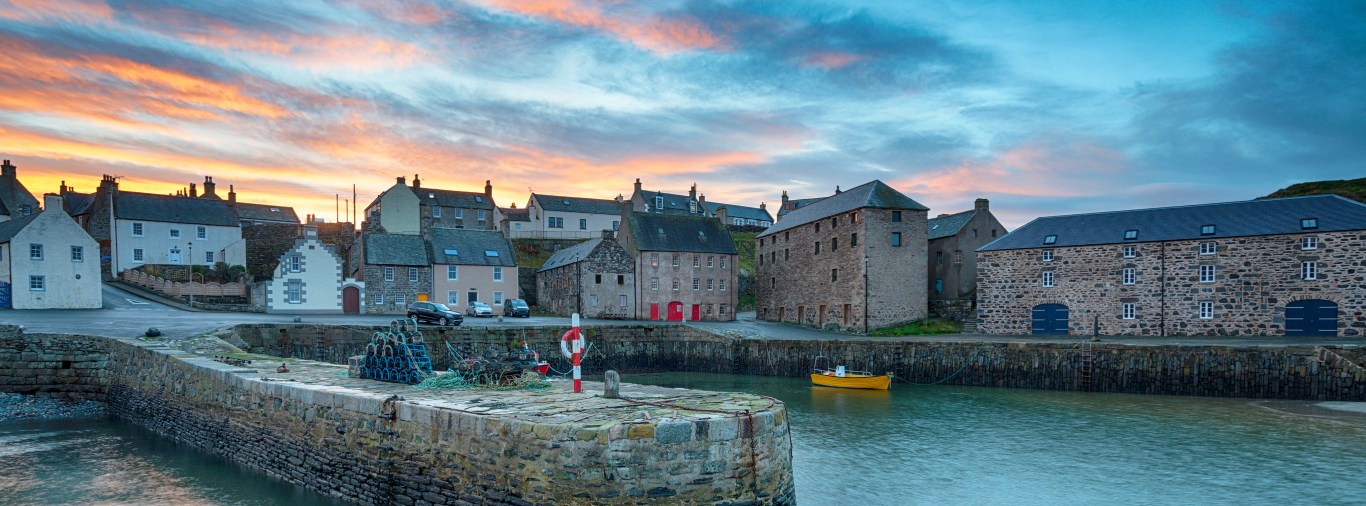The annual publication of the Government Expenditure and Revenue Scotland figures (GERS) brought an all-too predictable flurry of headlines earlier this week, accompanied by equally predictable and wildly polarised interpretative spin.
As a set of accounts, GERS has flaws: it provides only partial data that present an incomplete picture of the public finances, and as there are no directly comparable figures produced for other nations and regions of the UK, its usefulness is limited.
What GERS can do, however, is indicate trends and the general direction of travel, and the figures published this week tell us that revenue is substantially up in Scotland, rising at a faster rate than the rest of the UK, while the notional deficit is down, also falling more rapidly than in other parts of the UK. While the UK and Scotland are still running fiscal deficits, the trajectory is moving towards a slightly more balanced picture. These signs of improving public finances in Scotland are underpinned by record North Sea revenues, which have increased by £6.9bn and comprise 46 percent of the £15bn total increase in revenue.
The figures point to the foundational role of the energy sector in the Scottish economy, but tell us nothing about its potential catalytic role in the transition to a low carbon future. Prioritising investment in skills, technology and supply chain capability are key not only to reaching net zero, but to meeting our energy needs, delivering quality jobs, and strengthening our economy in the longer term. Boosting the productivity of the economy should be the subject of much more intense government focus in both London and Edinburgh. Revenue and expenditure figures matter much less that ensuring that the current windfalls from buoyant (but volatile) energy markets enable the investment needed to accelerate the journey to net zero.
The GERS figures don’t really tell us all that much about the public finances, but they do highlight the significant opportunities to strengthen our economy and reduce our carbon emissions afforded by current circumstances, to the benefit of us all.











